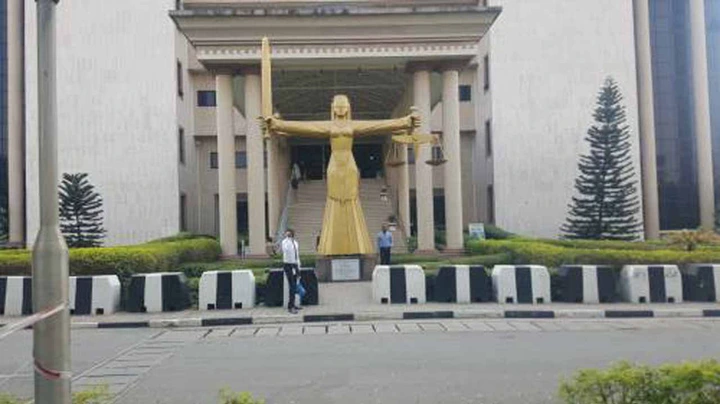
The Court of Appeal, Kaduna Judicial Division, has issued a stern warning to the Economic and Financial Crimes Commission (EFCC), cautioning the agency against involving itself in civil transactions. The court emphasized that the EFCC’s mandate does not extend to investigating or resolving disputes that arise from simple contracts or civil matters.
This directive came after a three-judge panel delivered its judgment on an appeal filed by the EFCC against Mr. Bela Becker, a business mogul and the Managing Director of DKG ITCC Nigeria Limited. The EFCC had accused Becker of criminal misappropriation and breach of trust, allegedly involving over N30.4 billion from the Nigerian National Petroleum Corporation (NNPC).
In a judgment read by Justice Ntong Ntong, the Court of Appeal rejected the EFCC’s appeal and affirmed the ruling of the Kaduna State High Court. The lower court had awarded N1 million in damages against the EFCC for infringing on the fundamental rights of Becker.
The EFCC had claimed that in 2009, Becker’s company awarded sub-contracts to Advic Engineering Limited, amounting to over N30.4 billion. Becker’s company allegedly paid N13.2 billion, leaving an outstanding balance of N19.2 billion. The EFCC argued that the funds had been embezzled by Becker’s company, which was supposed to remit them to the subcontractor, thereby turning the matter from a simple contractual dispute into an economic crime worthy of EFCC intervention.
However, the Court of Appeal disagreed. Justice Ntong Ntong stated that the EFCC had used the terms “criminal misappropriation” and “criminal breach of trust” as a means to malign Becker’s character and mislead the public. The judge pointed out that while criminal elements may arise in some contracts, it was clear that in this case, the matter was a civil dispute, not one that warranted the EFCC’s involvement.
The court also found that the EFCC had acted beyond its constitutional powers, emphasizing that the dispute was a breach of Becker’s fundamental rights. According to the judge, the EFCC’s actions were based on an unlawful premise, and such conduct should not be condoned by the courts.
Furthermore, Justice Ntong criticized the EFCC for overstepping its role, describing the commission’s actions as “opprobrious, unconstitutional, illegal, and unlawful.” He stressed that any government official who disregards the rule of law must face the consequences.
The court concluded by stating that the EFCC had acted recklessly, undermining its own integrity, and that such behavior should not be tolerated in the pursuit of justice.
For more updates, join our WhatsApp channel here.